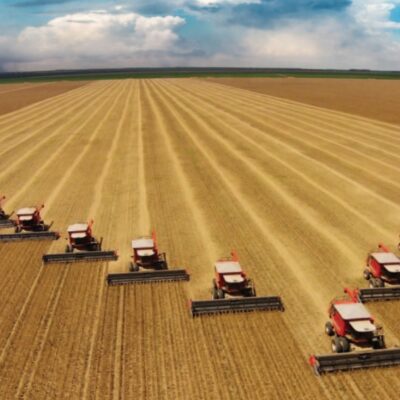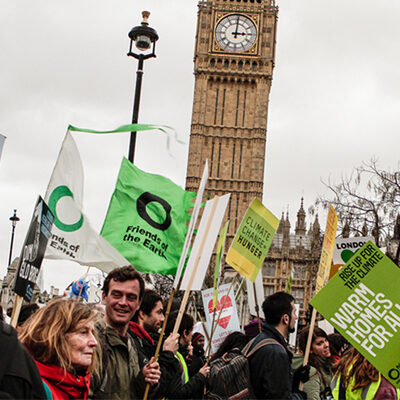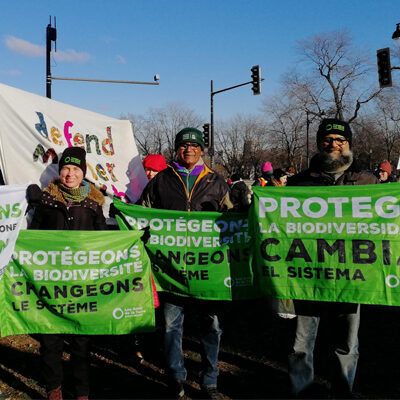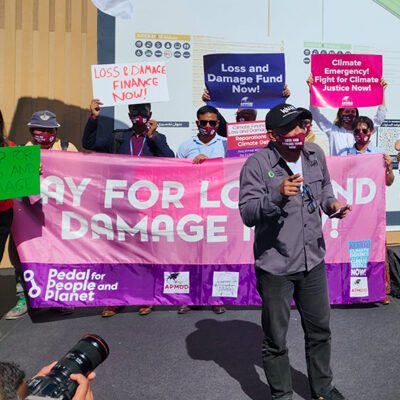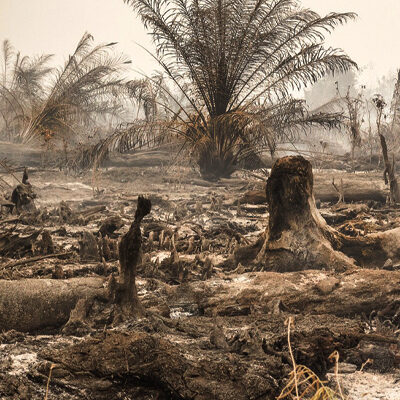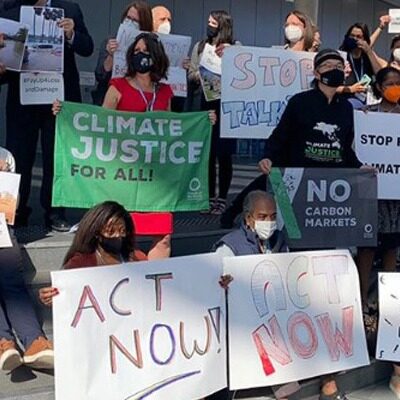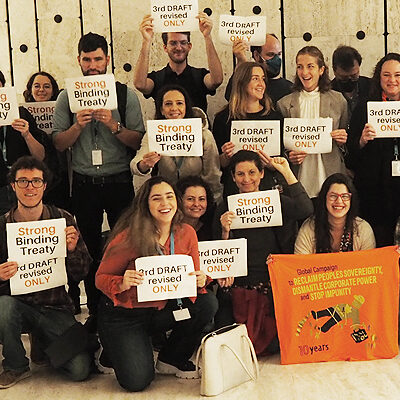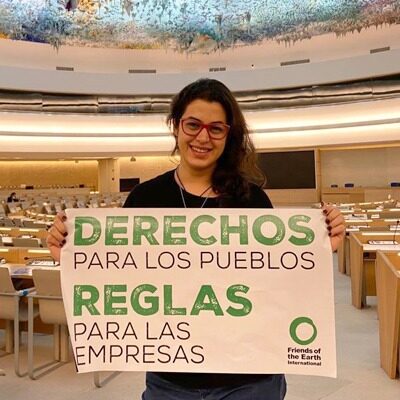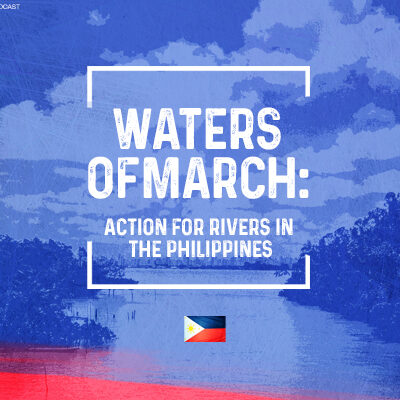
Waters of March: Action for Rivers in the Philippines
The Philippines has 421 principal rivers spread across 119 proclaimed watersheds. Aside from providing water to drink for 110 million Filipinos, these are also the source of irrigation for almost a million hectares of agricultural lands across the nation, and a significant source of electricity, comprising 10% of the current power mix. But the Philippine government’s emphasis on big dam…



